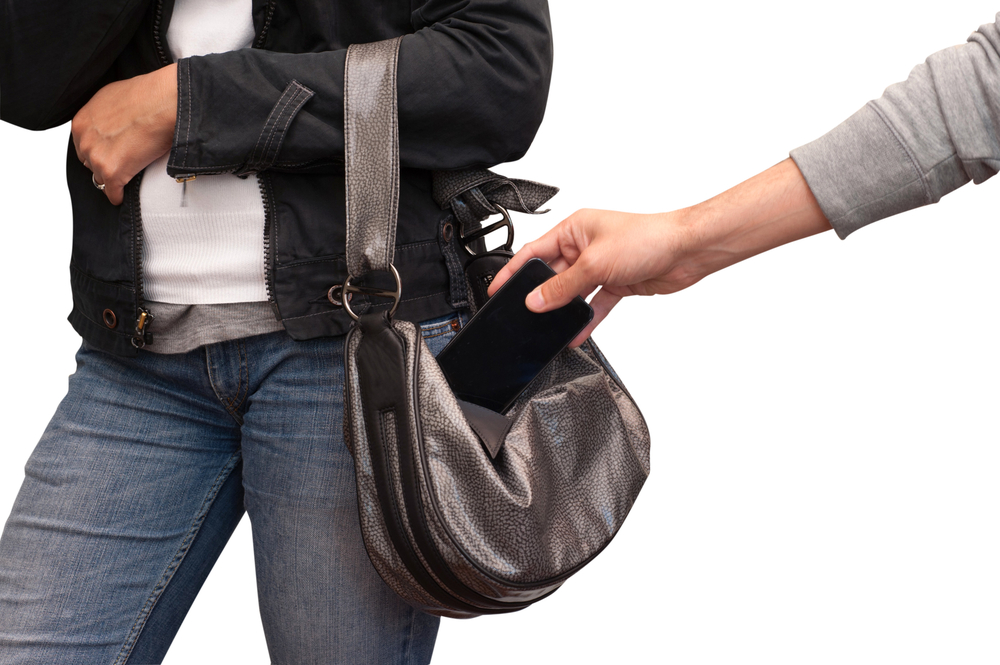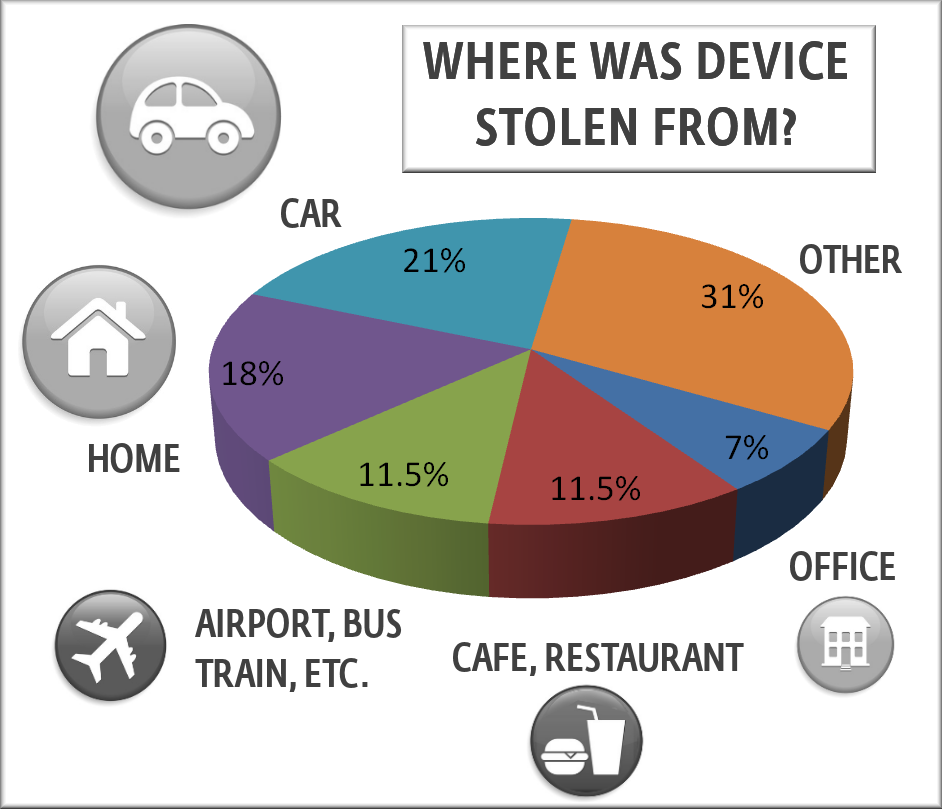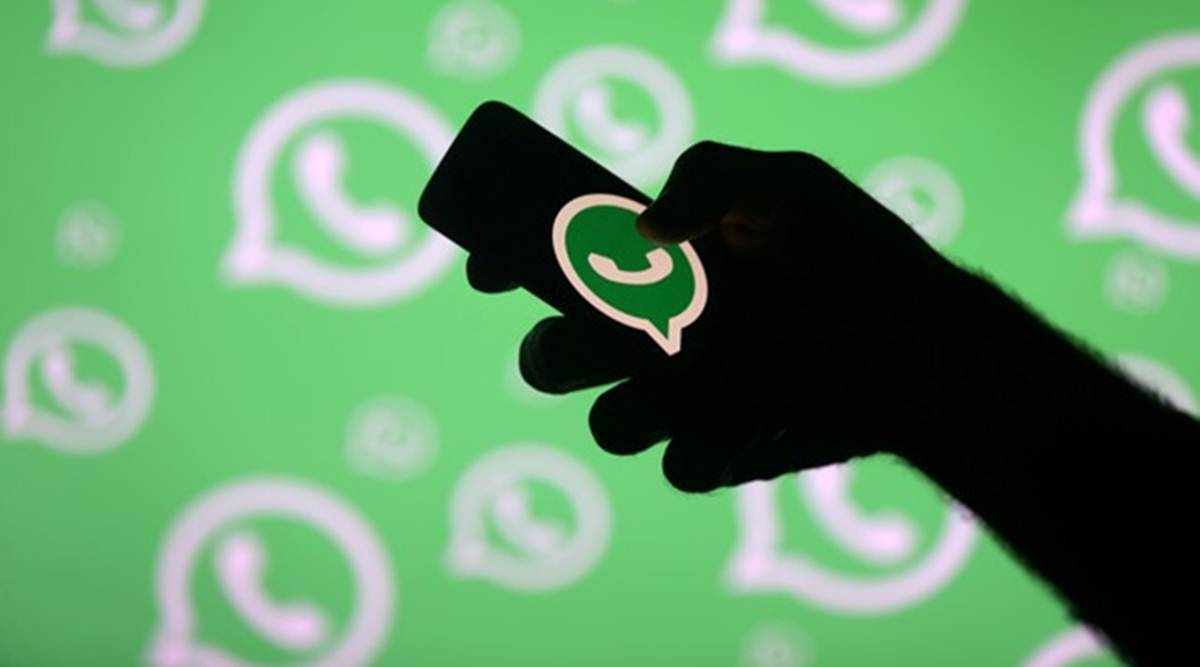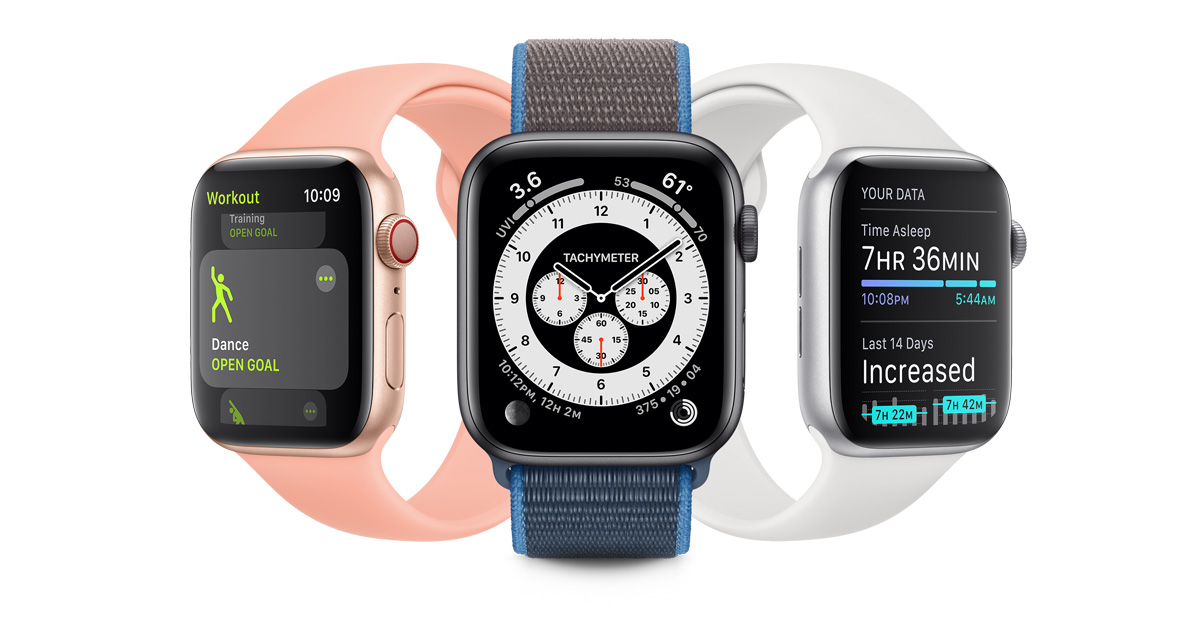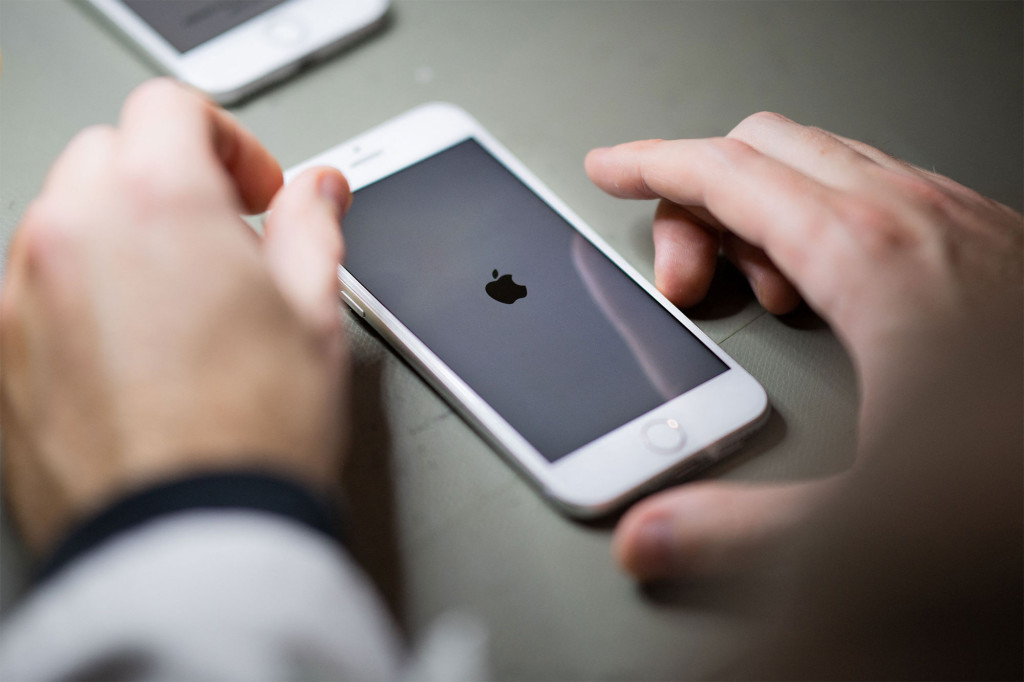Mobile theft is one of the most prevalent problems in modern society. If you’ve ever had your iPhone stolen, you’ll know the stress of wondering what will happen to your personal data. Well, Apple may soon have a solution to that problem because nobody is safe from smartphone theft.
According to a recent patent filing by Apple Inc., they’re looking into the possibility of a future iPhone that has the ability to identify and track unauthorized users handling it. Using a combination of audio, video and photos, fingerprints (using biometric sensors), time stamps and location, Apple will store that data in the cloud so the owner can access it and track to phone to its exact location and the person who took it.
Does this Impinge on Personal Privacy?
The implications of this type of technology are very wide and deep. On the one hand, information leading to the recovery of the phone can be extremely useful. On the other, if someone just borrowed your phone with your permission, it may lead to misunderstandings and the violation of that person’s privacy.
Legal angle aside, however, I expect that this will lead to a decline in the number of stolen iPhones each year. Being premium smartphones, iPhones are the most sought-after devices by thieves, and that’s why Apple is taking this direction.
Current Anti-theft iPhone and iPad Apps on App Store
The technology to track your lost or stolen iPhone is already there, but to a lesser degree. The Find my Phone feature on iOS does track your phone and give you other options like remotely wiping your data, and there are even several apps that do this.
Take Prey, for example. Prey is an app developed by Fork Ltd. and designed to use GPS tracking and WiFi triangulation to pinpoint the location of your phone. You can also remotely trigger a loud alarm, take photos on both rear and front cameras, display a custom alert message on the screen and even get information on the networks that the thief is currently using.
The Ethics behind Theft-tracking Tools
The one thing that differentiate’s Apple’s new patent application is the ability to use biometric technology to get the fingerprints of the perpetrator. But is this really useful? After all, only law enforcement authorities have access to fingerprint databases so you’ll have to file an official complaint for the information to be useful.
It does bring up the question of user privacy, however. After the stand-off between Apple Inc. and the FBI earlier this year, Apple is even more cautious about sharing private data. For example, if your phone was lost and someone found it and wanted to return it, you’d be invading their privacy by capturing their fingerprint, location and so on. It might well lead to misuse of the data.
The point is, the technology is already here to track your phone, wipe data and even identify the thief. The only problem is with phones that are lost rather than stolen. From the perspective of someone who found your lost phone and wants to return it, are you putting a good samaritan at risk?
If you’re reading this on Apple News, please favorite the 1RedDrop channel (next to our logo) to add us to your news feed, or Like our page on Facebook. Please bookmark our site for more insightful articles on current and future technologies that are changing our lives.
